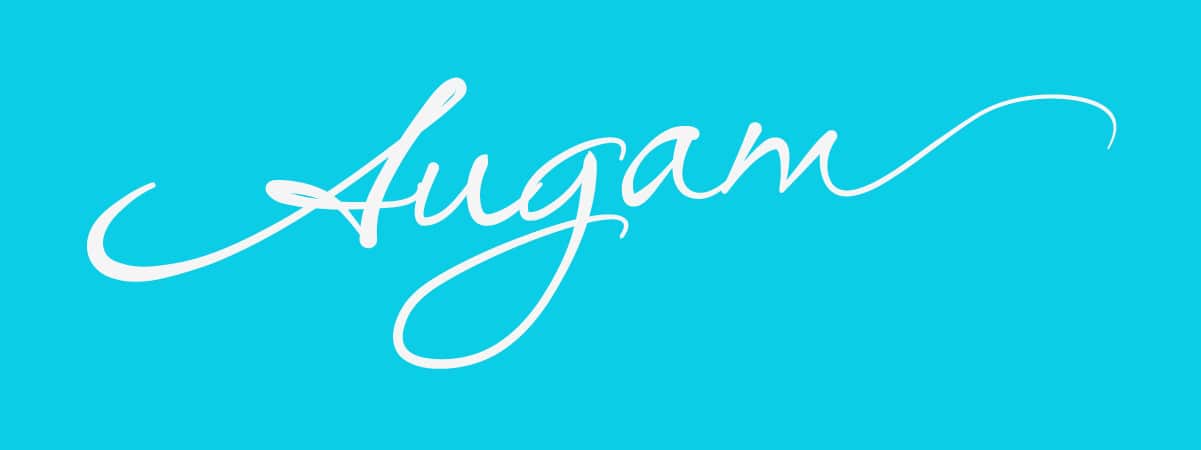When I write my articles, I usually try to refer to my personal experience and insights, what resonates with me and what I have put into practice. Quite often, my topics are focused on the nuances of life and work as a freelancer.
It just so happens that in our family, both my husband and I are freelancers who work for ourselves (double trouble 😀 ). And now, after some unexpected events, we have a situation where my husband has been practically confined to bed for about a month now after his leg surgery. What does this situation mean for a freelancer, whose performance and income depend directly on the time they can spend working, interacting with clients and networking? I decided to take advantage of my personal and professional situation to ask my husband a few questions and to share his answers about his recent experience with you. I invite you to read on👇
Who are you and what do you do?
I’m Yoann Génier, digital marketing training consultant and founder of Wetall.
How long have you been self-employed and why did you choose this path?
I chose freelancing because no one else was doing what I was doing. I founded a company providing consulting and training in community management. This was in 2009. The other reason is that I like freedom. I would rather earn less but manage my own time than be dependent on a manager with all the restrictions that entails.
Can you tell us a bit more about what happened to you and what it means for your daily life?
I ruptured my patellar tendon. I had an operation to transplant a fragment of the tendon, make a hole in the tibia and insert a screw in the patella. I have been ‘immobilised’ for 6 weeks, practically, and I am not allowed to put my leg on the ground or bend it. It will be six months to a year before I can return to sport on a normal basis.
How does the recovery process affect your ability to work as a freelancer and what changes have you had to make to adapt to your health needs?
I went through different stages. During the first one, I was on morphine and it was difficult to get out of the lethargy state to work. I was therefore limited to a few hours of work a day to do only what was urgent. Since I stopped taking the medication, things have improved and I am once again feeling energetic and able to devote more time to work. However, the fact that I am immobilised and cannot bend my leg or put my foot on the ground affects my ability to work. I am working more than in previous weeks, but less than usual. I also need to listen to my body’s sensations and allow myself to rest in order to recover faster. I hope that the next phase will allow me to go back to the office and get back into the flow of work. I will know more in three weeks’ time.
Could you tell us about any unexpected challenges you have faced in trying to balance your recovery and freelance work?
The mere fact of having health problems affects productivity. The opportunities allow you to do maybe 50-60% of what was possible before. So you have to prioritise. Psychologically, it is also important to accept what has happened, to embrace the reality and not to put pressure on oneself.
How has the recovery period changed your view on the importance of work-life balance as a freelancer?
I wouldn’t say it has changed. I would just say that it has made me even more aware of the importance of health in my life, and how priceless it is. Nobody would agree to be a billionaire if, in exchange, they had to die the next day.
What do you think are the most effective strategies to stay productive and motivated when you have to stay in bed most of the time during recovery?
I would say the most important thing is to listen to yourself. You are in a weakened state, so it is important to accept it. When I need to rest, I rest, and when I feel good, I work as hard as I can. But what is clear is that I will not be able to work 8 hours in a row.
What advice would you give to other freelancers who may be experiencing similar health problems and need to take time to get back on their feet while maintaining their professional commitments?
I would advise having a wife who works from home 🙂 Without that things would be much more complicated for me! I would recommend that they create a work space for themselves where they feel as comfortable as possible. You need to arrange your space in a way that is best for both work and rest. It is also important to make arrangements in advance with the people closest to you so that they can be available if you need them. As far as regular customers are concerned, it is important to talk to them openly so that they are understanding when certain jobs are delayed. It is also always a good idea to make arrangements in advance for things like additional health insurance, etc. And in general, I think it’s about not overdoing it and not putting too much work on yourself. When you are setting up your own business, the workload is already heavy, which does not necessarily have a positive impact on health.
How does the recovery period affect your mental well-being and general state of mind as a freelancer? Do you have any strategies that have helped you stay positive during this period?
I think the most important thing is to see the positive in everything. This enforced immobility has allowed me to do things that I have been putting off for a long time. It also allows me to concentrate, think and really calm down.
As someone who is usually active and dedicated to his work, how have you managed to adapt to the slower pace?
I would say I have adapted well. Perhaps I miss the interaction with colleagues and office neighbours. Unfortunately, there’s not much I can do about that at the momen
Do you regret being a freelancer in this situation?
Definitely not. I have been independent for more than ten years and I enjoy it every day. There are advantages and disadvantages, but I accept them all.
Thank you, Yoann, for agreeing to share your experience and the challenges you face today. Together with Augam friends, we wish you a speedy and smooth recovery🌷!
And you can find previous Augam blog posts here:
https://augam.fr/en/blog-english/
With best wishes for growth,
Dovilė

